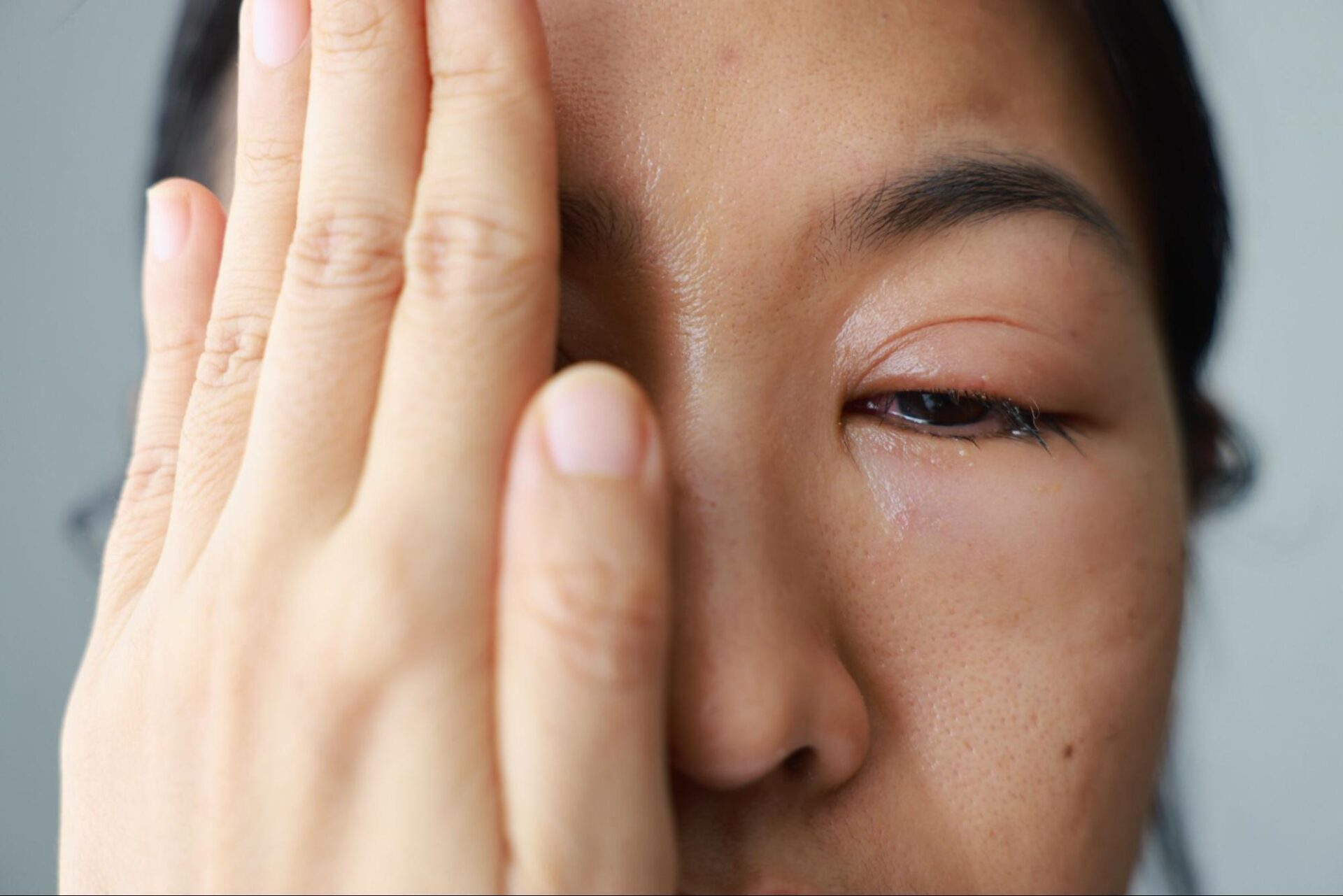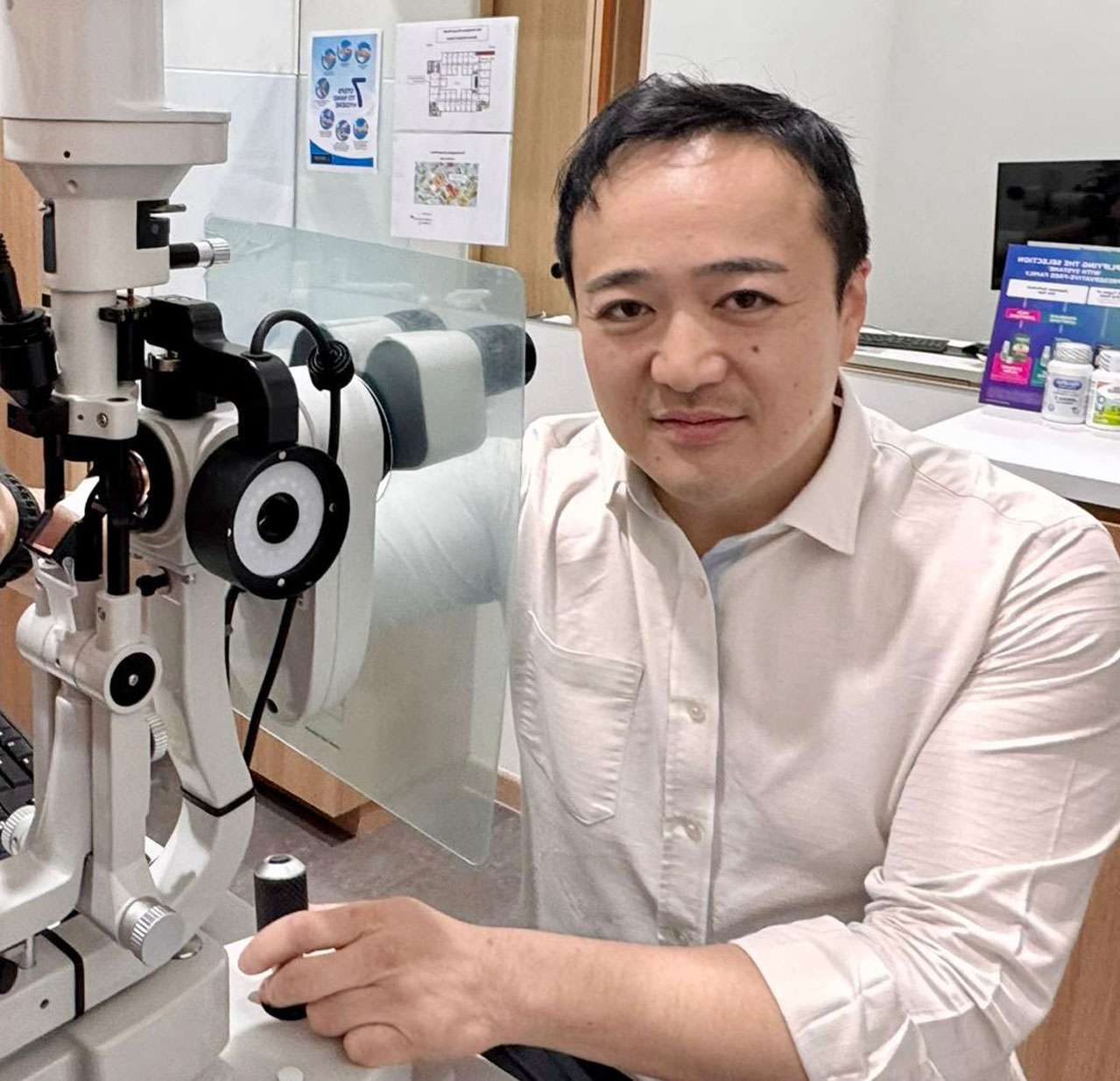Responding Quickly to Preserve Sight After Eye Injuries
Eye injuries can happen suddenly, whether from an accident at work, a sports injury, chemical exposure, or a sharp object, and they require urgent medical attention. Even seemingly minor trauma can lead to serious complications if left untreated. When it comes to protecting vision, every minute counts.
At London Eye & Retina, we offer rapid-response eye trauma care, managing everything from surface injuries to complex internal damage. If you’ve experienced an eye injury, prompt evaluation and treatment are key to preventing long-term visual impairment.
Common Types of Eye Trauma
Eye injuries can affect any part of the eye, from the eyelids to the retina. Common emergencies we treat include:
- Corneal abrasions: Scratches on the eye’s surface
- Blunt trauma: From sports or falls, which may cause bleeding, swelling, or internal damage
- Penetrating injuries: Sharp objects entering the eye
- Chemical burns: From cleaning products, industrial substances, or aerosol sprays
- Orbital fractures: Breaks in the bones surrounding the eye
- Foreign bodies: Dust, metal fragments, or debris stuck in the eye
- Traumatic retinal tears or detachment
Some injuries cause immediate symptoms, while others may seem minor initially but worsen over hours or days.
Signs You Need Emergency Eye Care
Seek urgent help if you experience:
- Sudden vision loss or double vision
- Persistent eye pain or discomfort
- Blood in the eye (hyphaema)
- Flashes of light or a shadow over vision
- Difficulty opening the eye or visible deformity
- Foreign object embedded in the eye
- Chemical exposure (immediate irrigation is critical)
Avoid rubbing the eye, applying pressure, or attempting to remove embedded objects.
How Are Eye Injuries Managed?
At London Eye & Retina, our team is trained in ocular emergency care and equipped with advanced diagnostic tools. Depending on the nature and severity of the injury, treatment may involve:
- Irrigation and first aid for chemical exposure
- Removal of foreign bodies under magnification
- Antibiotic or steroid drops to reduce inflammation or prevent infection
- Surgical repair for lacerations or globe injuries
- Laser treatment for trauma-related retinal tears or bleeding
- Imaging (OCT, ultrasound, CT scan) to assess internal structures
Aftercare and Monitoring
Even after the immediate injury is treated, ongoing monitoring is essential to detect secondary complications such as:
- Elevated eye pressure (glaucoma)
- Infection
- Cataract formation
- Retinal detachment
- Scar tissue or visual distortion
Our team provides follow-up care and visual rehabilitation support tailored to each patient’s recovery.
Your Eyes Are Too Important
With eye trauma, acting quickly can mean the difference between full recovery and permanent vision loss. Whether it’s a small particle or a serious injury, trust your instincts and get it checked.
Schedule a consultation with Dr. James Ng at London Eye & Retina and explore your options for clearer, sharper sight.
Let us help you protect your sight in life’s most critical moments.


